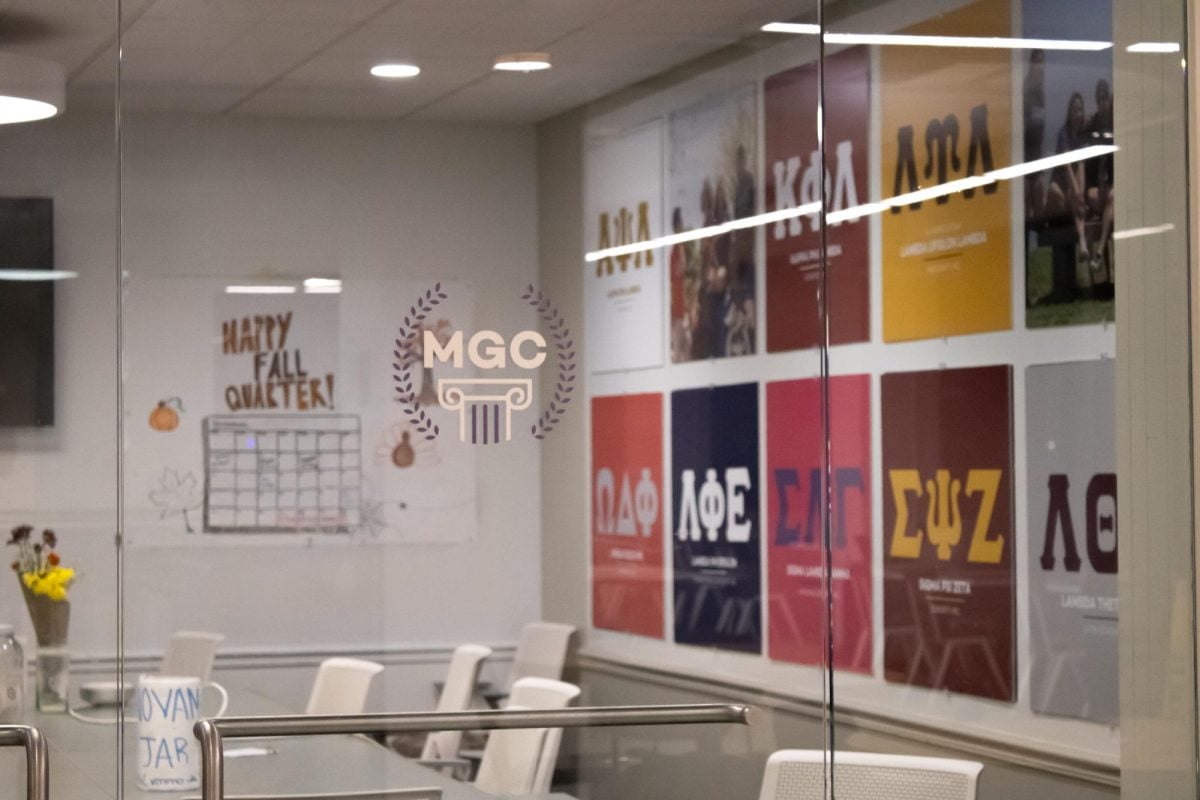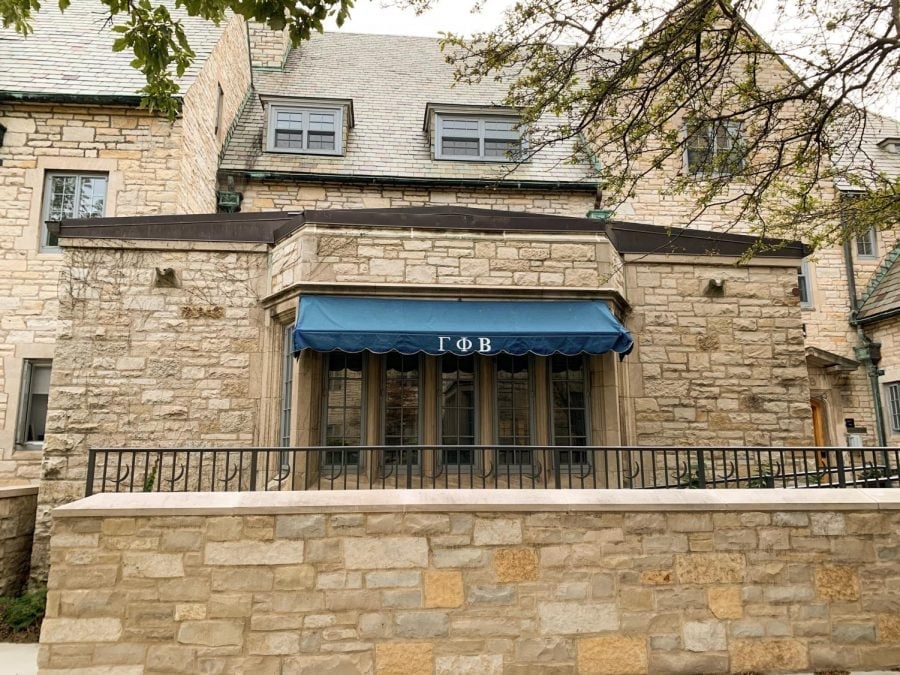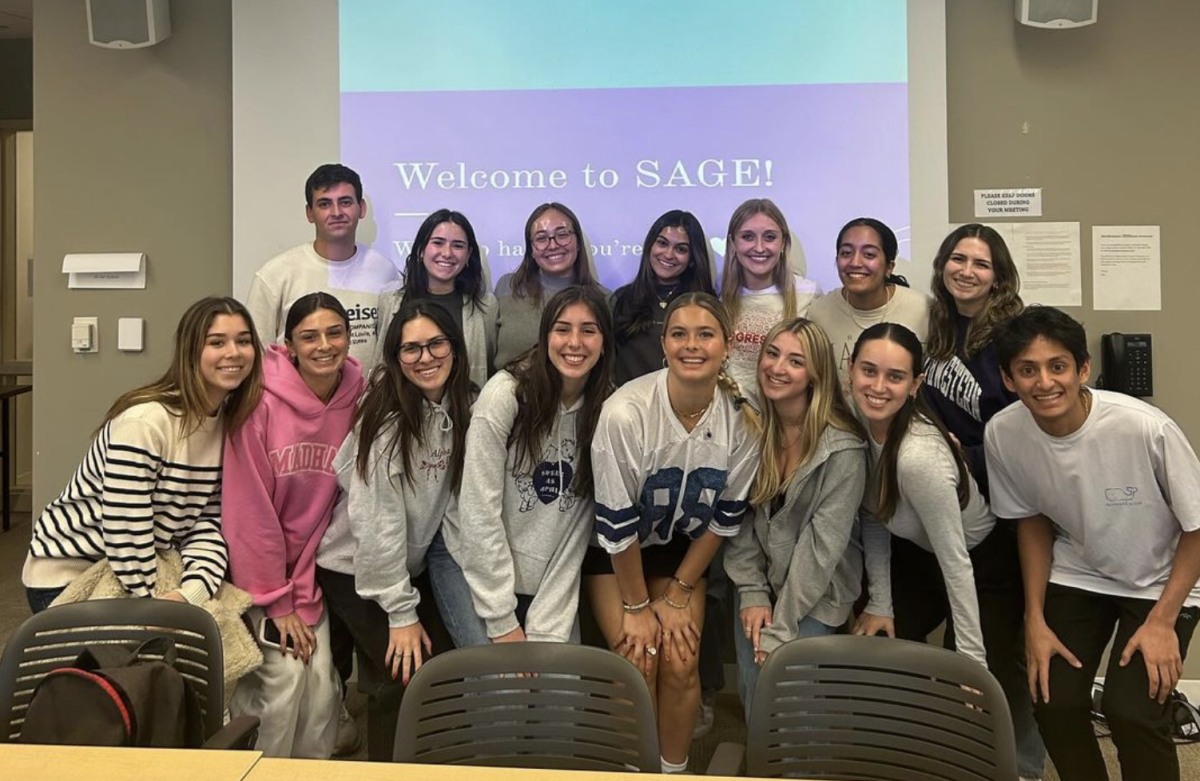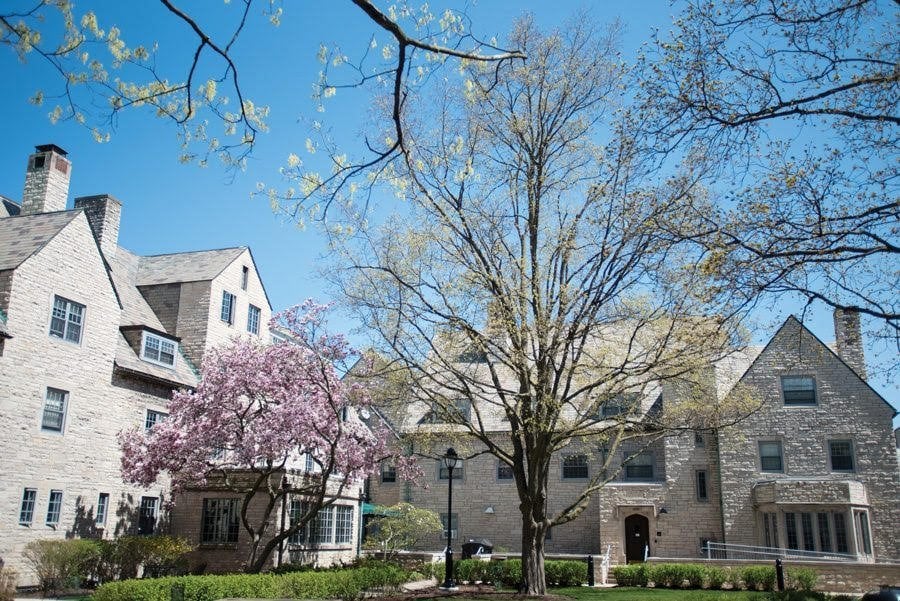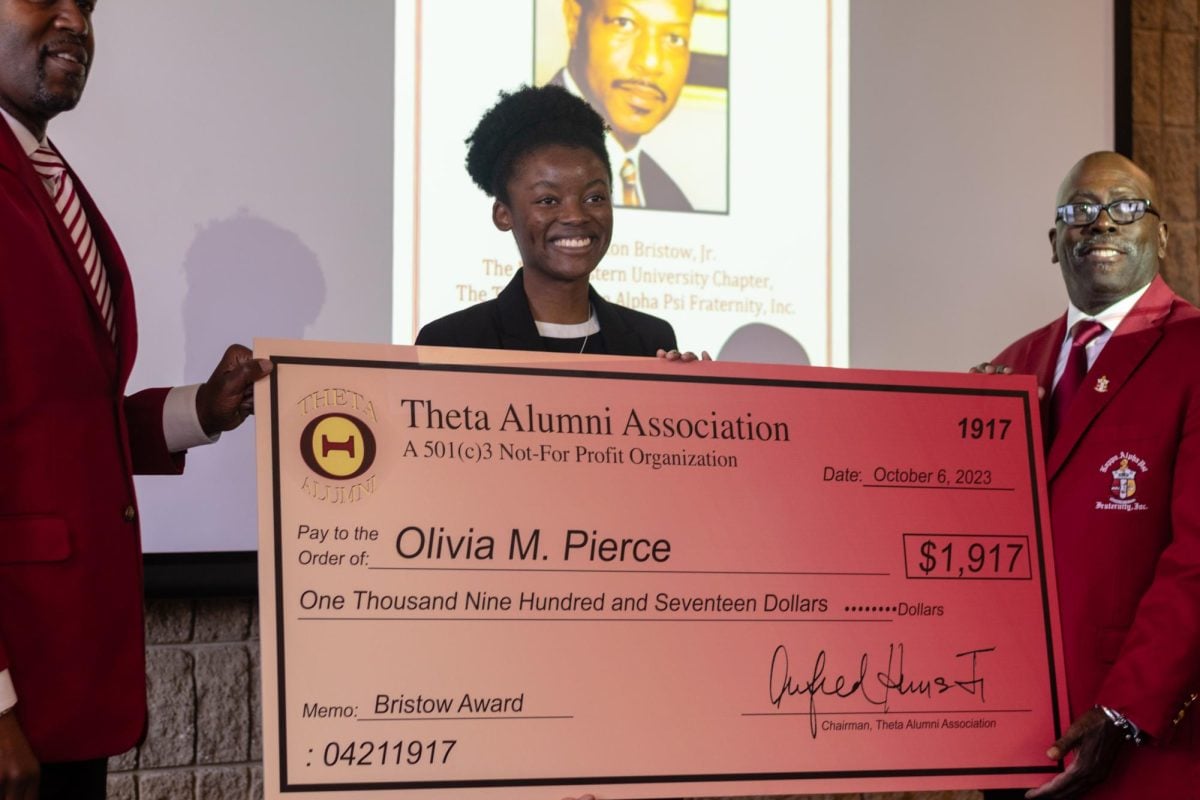The African Students Association and other student groups will begin a campaign Monday to help raise awareness and money for the victims of the current famine in East Africa.
The campaign, called NU Sounds the Horn for East Africa, will kick off its fundraising with a weeklong booth in the Norris University Center. The ASA plans to begin selling t-shirts and reaching out to other groups on campus for donations later next week.
The campus-wide effort is in response to a cycle of severe droughts that have led to food shortages in regions of Somalia, Ethiopia and Kenya, affecting an estimated 12 million people, according to the American Red Cross.
“We want people to know what’s going on,” ASA President Nicole Magabo said. “We don’t want to pressure people with money, but we want them to at least know what’s going on.”
The ASA is collaborating with several groups on campus, including Northwestern University Conference on Human Rights, the Global Engagement Summit and the Muslim-cultural Students Association. While the campaign would like to raise as much money as possible, its primary goal is raising awareness and bringing the NU community together, Magabo said.
“We live in a global world, and it’s always changing,” the Medill junior said. “Even though we can’t do much to save everyone that has a problem, at least we can expand our knowledge.”
The campaign is expected to continue through this quarter and possibly longer, according to Weinberg sophomore Hanan Abdisubhan, ASA’s event coordinator.
“We don’t want compassion fatigue, which can be a problem,” said Weinberg junior Chelsea Glenn, the co-director of NUCHR. “I think the educational awareness part is super important.”
The ASA will also use proceeds from their annual Afropollo talent show in November to donate to the campaign. Magabo said any donations they receive will be given to UNICEF, a group that is working to provide humanitarian aid to children in East Africa.
While UNICEF does good work, said Weinberg history senior lecturer Jeff Rice, caution must be taken when giving aid to certain countries.
“Getting aid to a country like Somalia, your aid feeds their corruption,” Rice said. “Your aid ends up fueling the warlords.”
Rice, a teacher of African history and politics, said famines occur when governments fail to adequately give food to the masses.
“Northwestern students cannot overthrow the warlords of Somalia,” Rice said. “But they can help raise people’s consciousness about the failures of Somalia and people in turn can put pressure on the U.S. government and other agencies to try and bring Somalia into a better state.”
Magabo, who is originally from Uganda, said the issues affecting people around the world can be relevant to our own lives.
“We may come from different cultures, but at the end of the day we’re human,” she said. “As long as we’re all in a global village, this doesn’t end in Evanston, it goes beyond the walls of Illinois, of America. And the more we know, the more we care about each other.”
Graphic created by Morgan Krehbiel.

